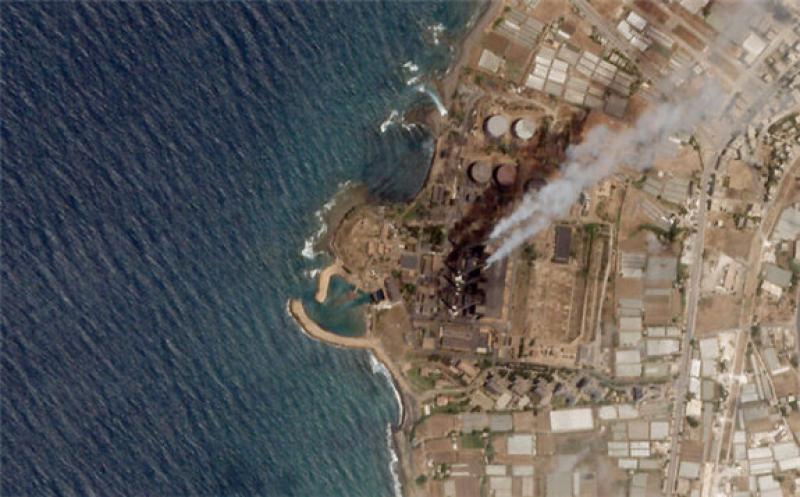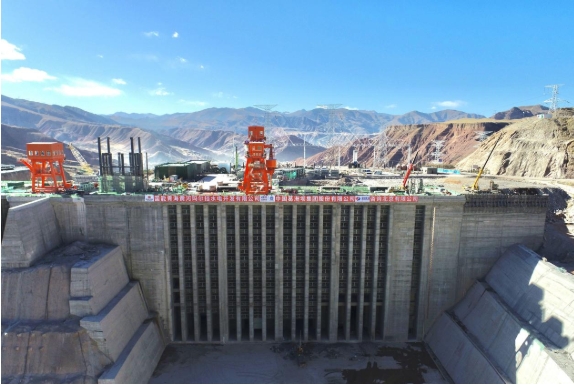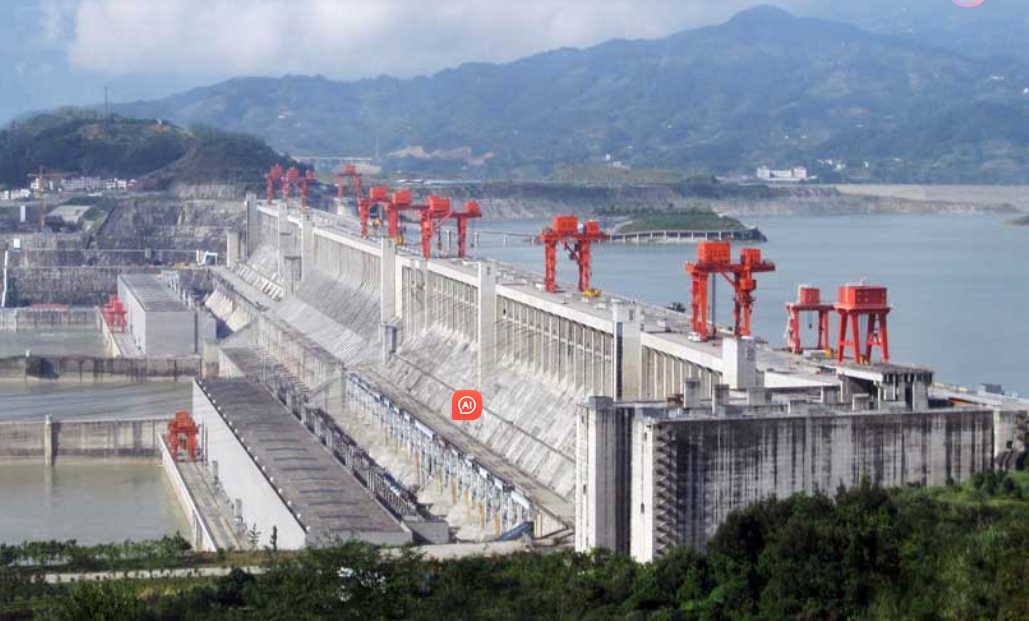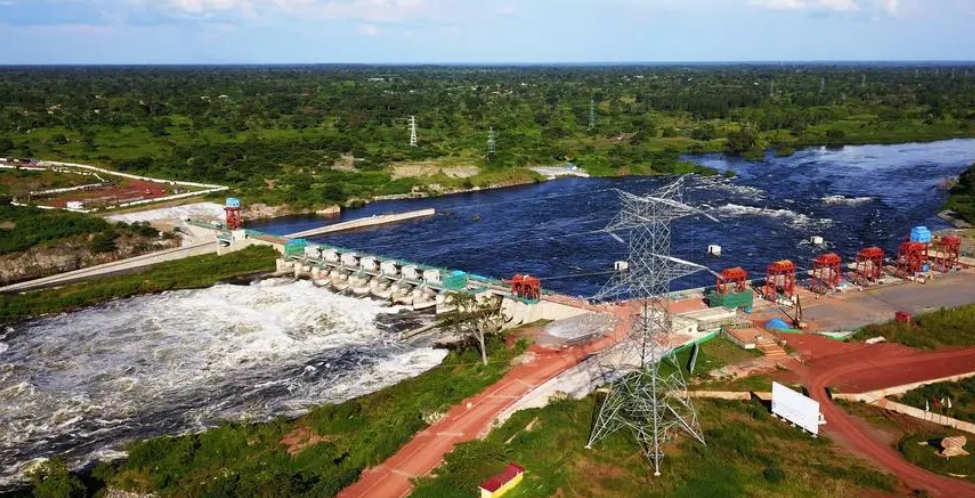Cypriot authorities said Monday that they were monitoring an oil spill from a power plant on Syria’s Mediterranean coast, as a Syrian official said Damascus was probing its cause.
 In this satellite photo from Planet Labs Inc., the Baniyas Thermal Station, a major oil refinery, is seen in Baniyas, Syria, June 20, 2021. (Planet Labs Inc. via AP)
In this satellite photo from Planet Labs Inc., the Baniyas Thermal Station, a major oil refinery, is seen in Baniyas, Syria, June 20, 2021. (Planet Labs Inc. via AP)
A fuel oil leak at the Baniyas power plant was first reported last week, and Syrian state media said the leak was an accident.
Cypriot authorities said the slick was expected to reach the north of the divided island on Tuesday.The size of the leak ranges from two to four tons of fuel, Syria’s electricity minister told the pro-government Al-Watan newspaper on Monday, adding that a committee had been formed to investigate the cause.
Initial satellite imagery showed an oil sheen 36 kilometers (22 miles) long but newer imagery shows that the spill is larger than anticipated and is reaching deeper into the Mediterranean.
The size of the leak ranges from two to four tons of fuel, Syria’s electricity minister told the pro-government Al-Watan newspaper on Monday, adding that a committee had been formed to investigate the cause.
Initial satellite imagery showed an oil sheen 36 kilometers (22 miles) long but newer imagery shows that the spill is larger than anticipated and is reaching deeper into the Mediterranean.
Cyprus said satellite imagery from the European Maritime Safety Agency showed the existence of a “possible oil spill” between the island and Syria.
Modeling and meteorological data showed it is expected to “affect the Cape of Apostolos Andreas (at the northern tip of Cyprus) in the next 24 hours,” the fisheries department said in a statement.
Steps had been taken to inform authorities in the north of the island, the department said, adding that “the Republic of Cyprus is ready to respond and provide assistance if requested.”
It said the slick appeared to be “oil sheen” rather than crude oil.
“Based on the National Emergency Plan for dealing with marine pollution from petroleum products, the Reaction Team met at the Joint Rescue Coordination Center to assess all data to take action,” it added.
Maya Jacobs, head of the Israeli marine environmental organization, Zalul, said Sunday in response to spill that there was “no such thing as oil without disasters” and that the Syrian slick was “just another warning about oil pollution in our region.”
There has been a series of mysterious attacks on vessels in Mideast waters, including off Syria’s coast, for over a year. They have come amid rising tensions in the region between Iran, Israel, and the United States.
In May, Syria’s foreign minister blamed Israel for mysterious attacks targeting oil tankers heading to Syria, saying they violate international law and will not go unpunished.
Israel was taken by surprise in February, when massive amounts of tar began washing onto its Mediterranean coastline following stormy weather, along with the corpse of a fin whale some 17 meters (55 feet) long.
Over the following days, it became clear that beaches all along its Mediterranean coast had been contaminated and that wildlife were paying a heavy price.
Evidence from an investigation by the Environmental Protection Ministry at the time indicated that the leak of tens of tons of crude oil took place between February 1 and 2, some 130 kilometers (80 miles) out at sea, and came from the Syrian-owned tanker Emerald, which was not insured. The London-based International Oil Pollution Compensation Fund has agreed in principle to pay damages.







